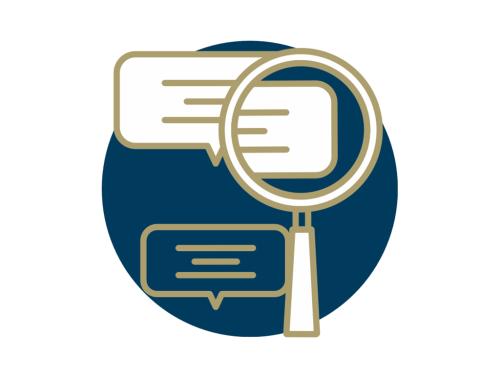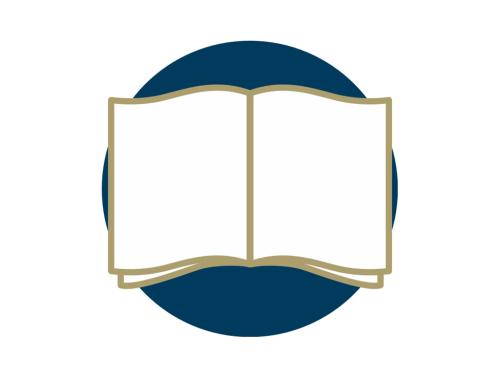Insights on South Korea’s Public-Private Partnership for Regulatory Reform


The GW Regulatory Studies Center scholars regularly conduct applied research to understand regulatory policy and practice from a public interest perspective. Our content often takes the form of public interest comments, formal testimony, working papers, policy insights, and short commentaries analyzing the most pressing issues in regulatory policy. View the rest of our material by the different types of publications listed on this page or our research areas.

Long-form publications intended for academic audiences that take a deep dive into a particular aspect of regulatory policy.

Scholarly analysis of the potential effects of particular rulemakings from federal agencies, and advice to Congress on how to improve the rulemaking process.

Short-form publications intended for all audiences which provide easy to access analysis of regulatory policy.

Formal publications, often completed with other leading organizations and individuals, providing a thorough understanding of regulations and the rulemaking process.

The weekly Regulation Digest contains everything you need to know about regulatory policy today, and our monthly Center Update gives you all of the latest from our team.
For accessible charts and supporting data that you can use in your own publications or presentations, visit the Reg Stats page.
Herding Genetically Engineered Animals to Market
FDA’s decision to approve a genetically engineered salmon for human consumption bodes well for people interested in cheaper fish.
Missed Opportunity for EPA to Cut Back Renewable Fuel Standard
Congress and EPA should reevaluate whether the Renewable Fuel Standard is accomplishing its goals.
OMB's 2015 Draft Report to Congress on the Benefits and Costs of Federal Regulations
Pursuant to the Regulatory Right-to-Know Act, the Office of Management and Budget (OMB) submits to Congress each year an accounting statement and associated report providing estimates of the total annual benefits and costs of federal regulations; an analysis of impacts of Federal regulation on State, local, and tribal government, small business, wages, and economic growth; and recommendations for reform.
Midnight Rules: A Comparison of Regulatory Output Across Administrations
Understanding Midnight Regulatory Activity and how it's used
The public policy world is not exempt misunderstandings, and the renewed emphasis on retrospective regulatory review is a case in point.
Political Discourse Includes Regulatory Reform
This commentary provides a brief review of what the 2016 presidential candidates have to say about regulatory reform.
Early Notice from U.S. Agencies Could Help Avoid Creating Barriers to Trade
Early Notice from U.S. Agencies Could Help Avoid Creating Barriers to Trade
Evaluating Retrospective Review of Regulations in 2014
President Obama has encouraged agencies to review existing regulations and to modify, streamline, expand, or repeal them.
